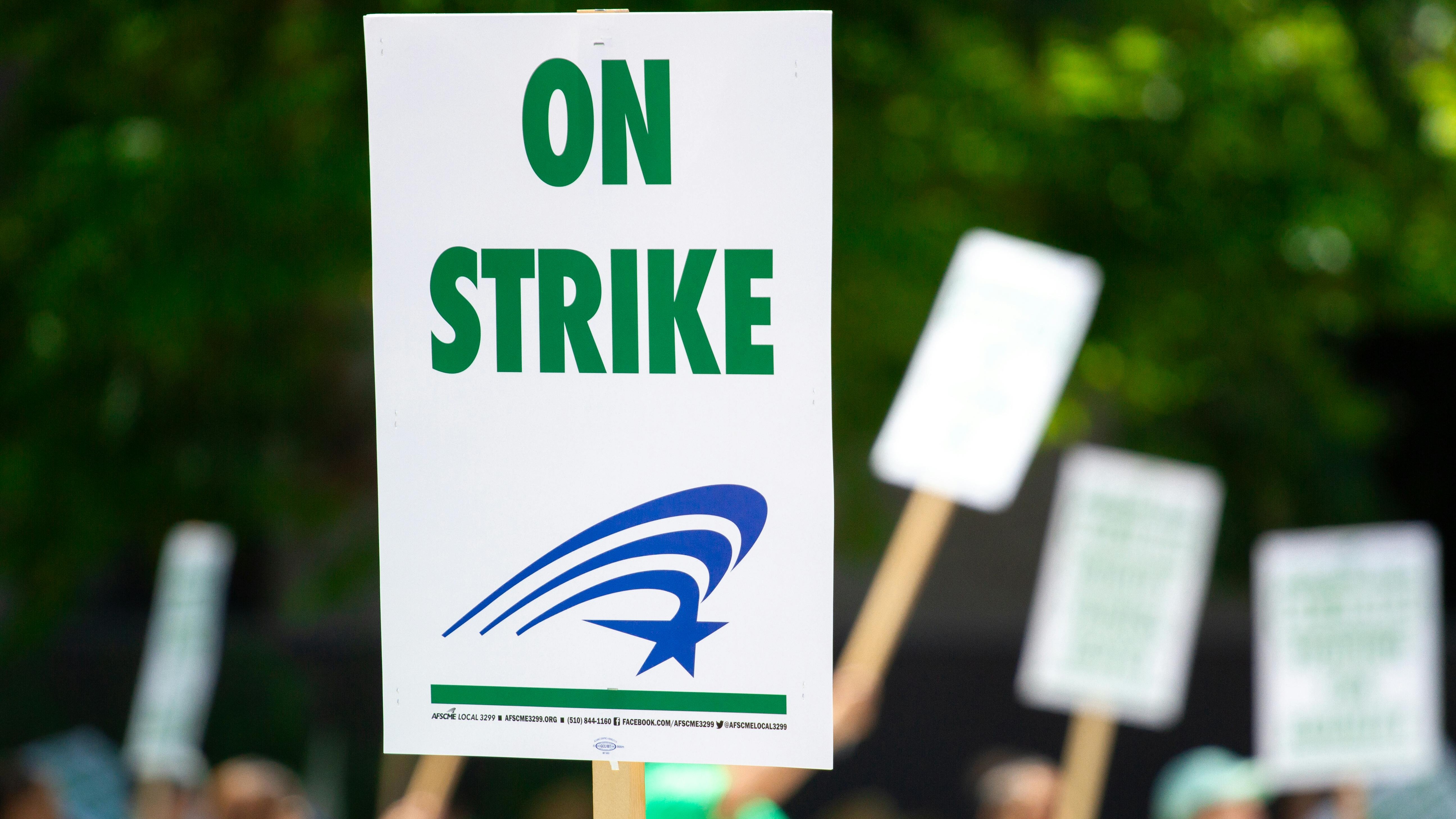
Starbucks' Wage Controversy: A Legal Perspective
In a significant ruling by the National Labor Relations Board (NLRB), a judge recently deemed Starbucks' comments on 'frozen' wages illegal. This incident not only highlights concerns over compliance with labor laws but also raises questions around pay transparency and employee rights. The case centers around allegations that Starbucks attempted to deter unionization efforts by suggesting that employees' wages would remain unchanged for an extended period, a tactic seen as a violation of employment regulations.
Understanding the Implications of the Ruling
This ruling has ramifications that reach far beyond Starbucks. Organizations across various industries must be vigilant in ensuring that their communications do not inadvertently violate wage laws or create an environment that discourages unionization. In a time where HR compliance is paramount, the precedent set by this case underscores the importance of clarity and honesty in employer-employee communications regarding benefits and compensation.
Trends in Labor Relations and Policies
As businesses adapt to ever-changing labor laws and employee expectations, trends such as remote work policies and wage transparency are becoming crucial for compliance officers and HR professionals. Companies must develop clear guidelines to navigate these issues while fostering a culture of open dialogue and respect. Implementing robust workplace investigations and policy updates will be essential for maintaining legal compliance and promoting a positive work environment.
Action Points for HR Professionals
HR compliance officers and legal counsel should review their communication strategies and policies related to employee compensation. It is critical to ensure that all wage discussions align with current labor laws and do not inadvertently suggest a limitation on employees' rights to organize. Training on EEOC guidelines and the importance of fair hiring practices can also support a compliant workplace culture.
Conclusion: The Path Forward in Employment Regulations
The Starbucks case serves as a reminder to organizations about the importance of labor law compliance and the potential legal consequences of poor communication practices. As employment regulations evolve, staying informed and proactive will be key. Embracing transparency and ethical guidelines will not only protect businesses legally but can also enhance employee trust and satisfaction.
 Add Row
Add Row  Add
Add 




Write A Comment